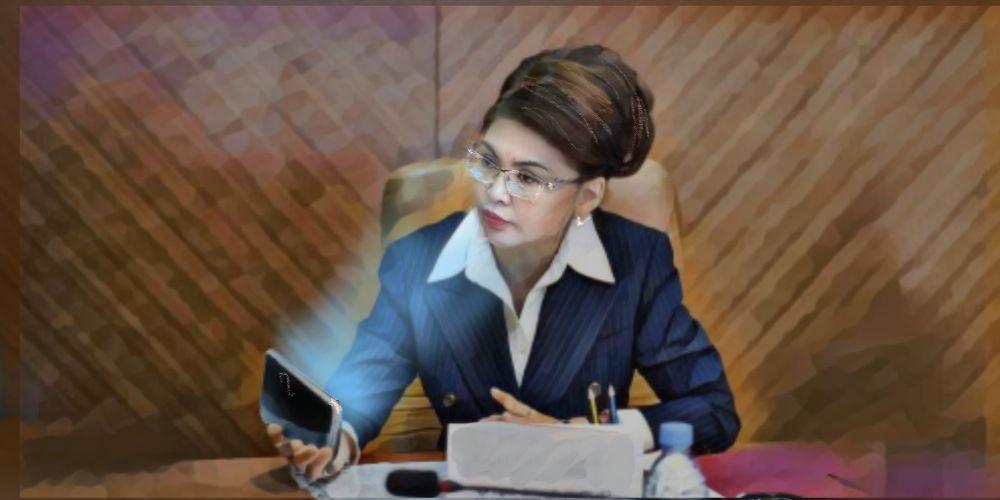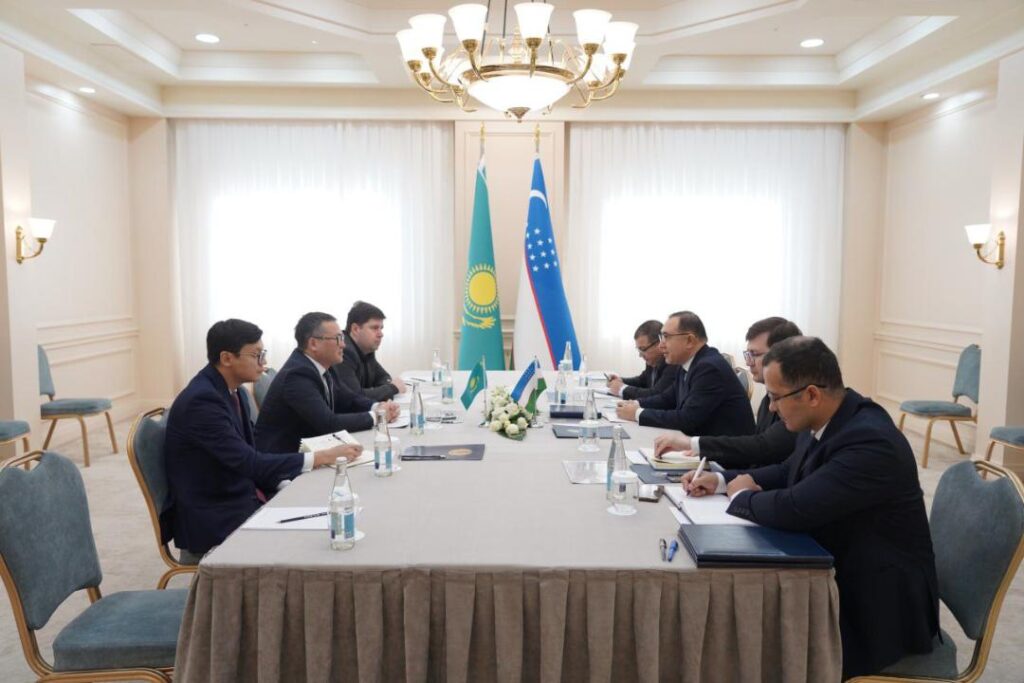Kazakhstan Establishes Center for Countering Disinformation
Kazakhstan has announced the creation of a new Center for Countering Disinformation under the presidential administration. According to official statements, the center aims to protect citizens from false information and provide “objective, verified data.” The initiative, housed within the President's Central Communications Service, is being presented as a measure to identify and debunk falsehoods and promote “responsible information consumption.” Kazakhstan’s geographic location - bordering both Russia and China - makes information control a particularly sensitive issue. Since the Russian invasion of Ukraine, Astana has refused to recognize Russia’s annexations and generally observes Western sanctions. Much of Kazakhstan’s population consumes Russian-language media, however, which remains a source of governmental concern. Questions over how “disinformation” is defined remain, however. A 2023 law on online platforms and advertising, which penalizes the spread of false information, prompted warnings from Reporters Without Borders and others about potential state overreach. Kazakhstan has increasingly found itself on the frontline of regional information warfare, as waves of disinformation target its foreign policy and internal stability. Recent campaigns have sought to undermine the country’s relations with China, Russia, and the United States, exploiting its position between major powers. Officials in Astana have pointed to anonymous Telegram channels and coordinated online networks as sources of destabilizing narratives, ranging from economic panic to conspiracy theories about national security. In response, the government has intensified its efforts to counter these threats, including public awareness campaigns and new monitoring initiatives. Analysts note that operations like “Spider Web” highlight both the scale of the problem and the geopolitical sensitivities involved. While Kazakhstan is working to address disinformation, the challenge lies in balancing security concerns with the need to preserve media freedom.






